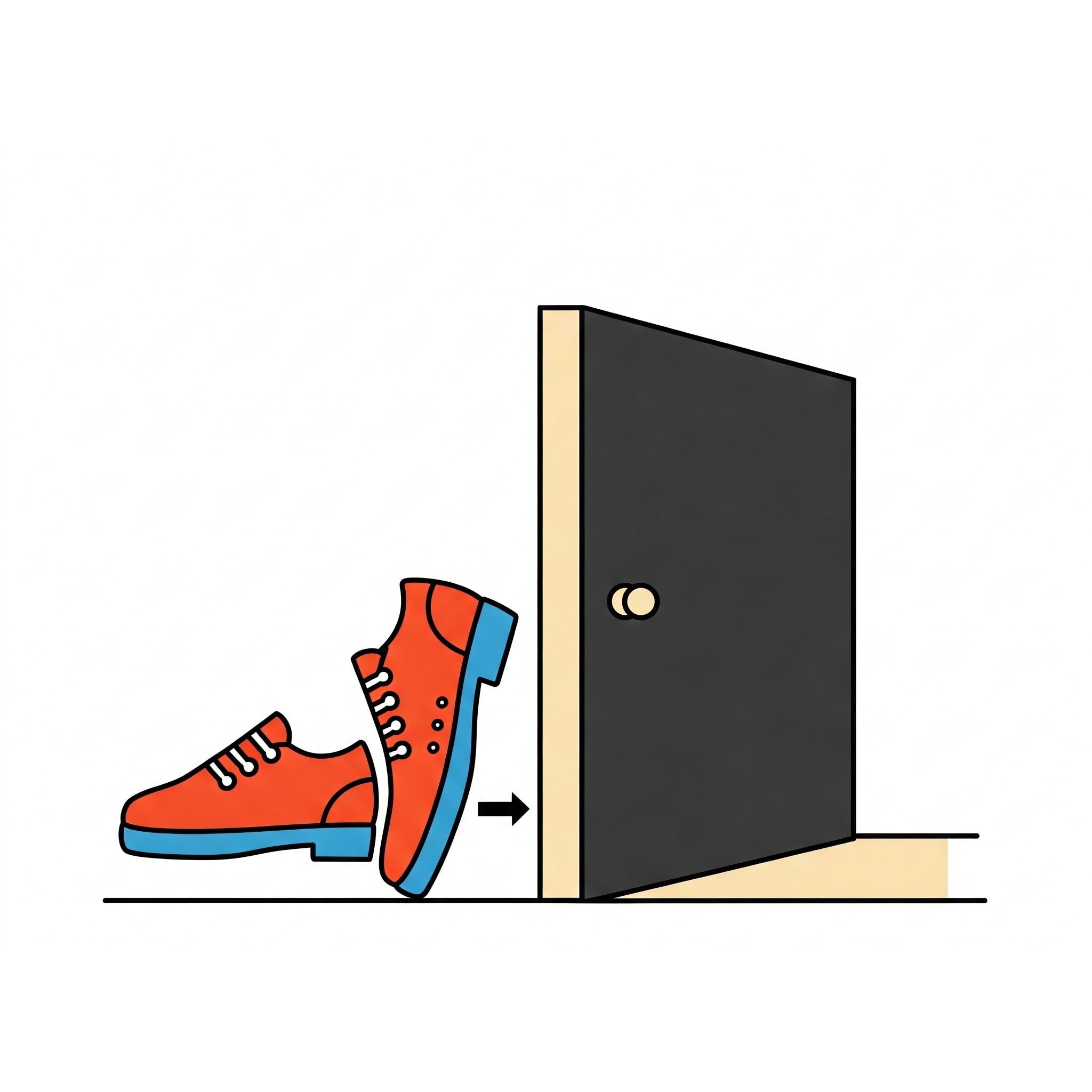Off
Definition
The word off serves as a preposition, adverb, adjective, and verb. It generally denotes separation, removal, or distance, as well as the cessation or deactivation of something.
Parts of Speech
- Preposition
- Adverb
- Adjective
- Verb
Pronunciation
American English
- IPA Pronunciation: /ɔːf/
- Respelling: AWF
British English
- IPA Pronunciation: /ɒf/
- Respelling: OF
Etymology
The word "off" originates from Old English "of," meaning "away, away from, or down from." Its meaning and usage evolved over time, influenced by Old Norse and Middle English usage patterns, to cover a broader range of meanings involving separation and cessation.
Derivatives
- Offset (noun, verb)
- Offing (noun)
- Offload (verb)
- Offcut (noun)
- Offside (noun, adjective)
Synonyms
- Away
- Removed
- Deactivated
Antonyms
- On
- Attached
- Active
Usage
The term "off" is highly versatile and used in a variety of contexts, such as spatial separation, deactivation, or disconnection. For example, "Turn the light off" or "He is off to a great start."
Related Terms
- On: The opposite of "off," often indicating connection or activation.
- Remove: To take something away.
- Deactivate: To turn something off or make it inactive.
Detailed Definitions
Preposition
- Indicating separation or removal: Refers to something being away from or detached from another object.
- Example: "Take your shoes off before entering."
Adverb
- Indicating distance or departure: Describes motion away from a location or position.
- Example: "The plane took off on time."
- Indicating cessation or deactivation: Refers to the stopping of an activity or turning something to a non-functional state.
- Example: "The power is off due to a storm."
Adjective
- No longer in operation or functioning: Describes something that is inactive or not working.
- Example: "The machine is off until further notice."
Verb
- To kill or terminate (slang): Used informally to describe ending someone’s life or something’s existence.
- Example: "They offed the old product line."
off



🇨🇳 Mandarin
- 关闭 (Guānbì) - not operating
- IPA: /kwɑn˥˩pi˥˩/
- English respelling: gwan-bee
- 离开 (Líkāi) - separation
- IPA: /li˧˥kai˧˥/
- English respelling: lee-kai
🇮🇳 Hindi
- बंद (Band) - not operating
- IPA: /bənd̪/
- English respelling: bund
- दूर (Dūr) - separation
- IPA: /duːr/
- English respelling: door
🇪🇸 Spanish
- Apagado - not operating
- IPA: /apaˈɣaðo/
- English respelling: apa-gado
- Fuera - separation
- IPA: /ˈfweɾa/
- English respelling: fwe-ra
🇫🇷 French
- Éteint - not operating
- IPA: /etɛ̃/
- English respelling: eh-ten
- De - separation
- IPA: /də/
- English respelling: de
🇸🇦 Modern Standard Arabic
- مغلق (Mughlaq) - not operating
- IPA: /mʊɣ.laq/
- English respelling: mu-ghlaq
- بعيد (baeed) - separation
- IPA: /ba'eed/
- English respelling: ba-eed
🇧🇩 Bengali
- বন্ধ (Bondho) - not operating
- IPA: /bɔnd̪ʱo/
- English respelling: bon-dho
- বিচ্ছেদ (Bicched) - separation
- IPA: /bitʃʰed̪/
- English respelling: bic-ched
🇷🇺 Russian
- Выключенный (Vykluchenyy) - not operating
- IPA: /vɨklʊˈtɕenːɨj/
- English respelling: vy-kloo-chyen-ny
- От (Ot) - separation
- IPA: /ot/
- English respelling: ot
🇵🇹 Portuguese
- Desligado - not operating
- IPA: /deʃliˈɡadu/
- English respelling: desh-lee-ga-do
- Fora - separation
- IPA: /ˈfoɾɐ/
- English respelling: for-a
🇮🇩 Indonesian
- Mati - not operating
- IPA: /mati/
- English respelling: ma-tee
- Lepas - separation
- IPA: /ləpas/
- English respelling: le-pas
🇩🇪 German
- Aus - not operating
- IPA: /aʊs/
- English respelling: aus
- Weg - separation
- IPA: /veːk/
- English respelling: vek
🇯🇵 Japanese
- オフ (Ofu) - not operating
- IPA: /oɸu/
- English respelling: ofu
- 離れる (Hanareru) - separation
- IPA: /ɸanaɾeɾɯ/
- English respelling: hana-re-ru
🇻🇳 Vietnamese
- Tắt - not operating
- IPA: /təːt˧˩/
- English respelling: tat
- Rời - separation
- IPA: /zɔj˧˩/
- English respelling: zoy
🇰🇷 Korean
- 꺼져있다 (kkeojyeoitda) - not operating
- IPA: /k͈ʌ.d͡ʑjʌi̯tda/
- English respelling: kkeo-jyeo-it-da
- 떨어져있다 (tteoreojyeoitda) - separation
- IPA: /t͈ʌlʌ.d͡ʑjʌi̯tda/
- English respelling: tteo-re- jeo-it-da
🇹🇷 Turkish
- Kapalı - not operating
- IPA: /kaˈpaːɫɯ/
- English respelling: ka-pa-lu
- Ayrı - separation
- IPA: /ajˈɾɯ/
- English respelling: ai-ru
🇵🇰 Urdu
- بند (Band) - not operating
- IPA: /bənd̪/
- English respelling: bund
- الگ (Alag) - separation
- IPA: /əlaɡ/
- English respelling: alag





